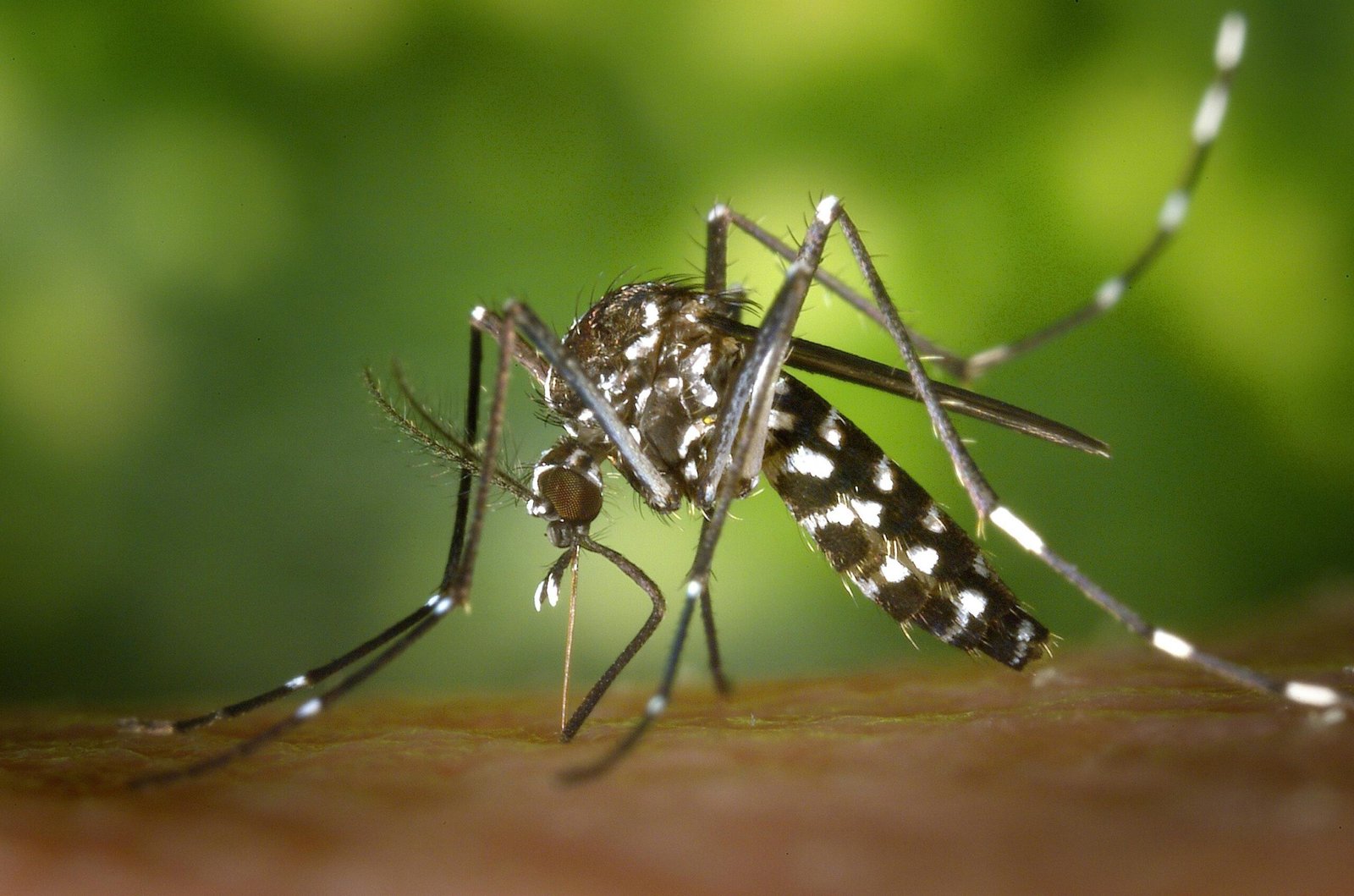The Pan American Health Organization (PAHO) reported on Tuesday that dengue fever cases in Central and South America have nearly tripled this year, reaching a record high. Over 12.6 million cases and 7,700 deaths have been recorded, marking the largest outbreak in the region since tracking began in 1980.
Brazil, Argentina, Colombia, and Mexico have been particularly affected, with these countries accounting for the majority of the cases and fatalities.
Dengue is a virus spread by mosquitoes, which can lead to severe illness or even death in some instances.
Dengue fever symptoms include fever, severe headaches, pain behind the eyes, muscle and joint pain, and a blotchy rash. In more severe cases, individuals may experience intense stomach pain, fatigue, vomiting, and blood in vomit or stool.
Some countries in the region have introduced vaccines, and others, like Honduras, are planning to begin distribution in 2025.
The Pan American Health Organization (PAHO) called for stronger efforts to combat dengue and more collaboration across the Americas. PAHO’s director, Dr. Jarbas Barbosa, attributed the surge in cases to factors like a hotter, wetter climate and conditions such as stagnant water around homes and poor waste management, which create ideal mosquito breeding grounds.
The virus is also posing a greater-than-usual risk to children. In Guatemala, 70% of dengue-related deaths were among children, while in Mexico, Costa Rica, and Paraguay, children under 15 made up more than a third of severe cases. Children and people with existing health conditions are more vulnerable to contracting the disease and experiencing severe symptoms.
According to the US Centers for Disease Control and Prevention, about half of the global population lives in areas at risk for dengue, which is transmitted by infected mosquitoes, primarily the Aedes aegypti species.













